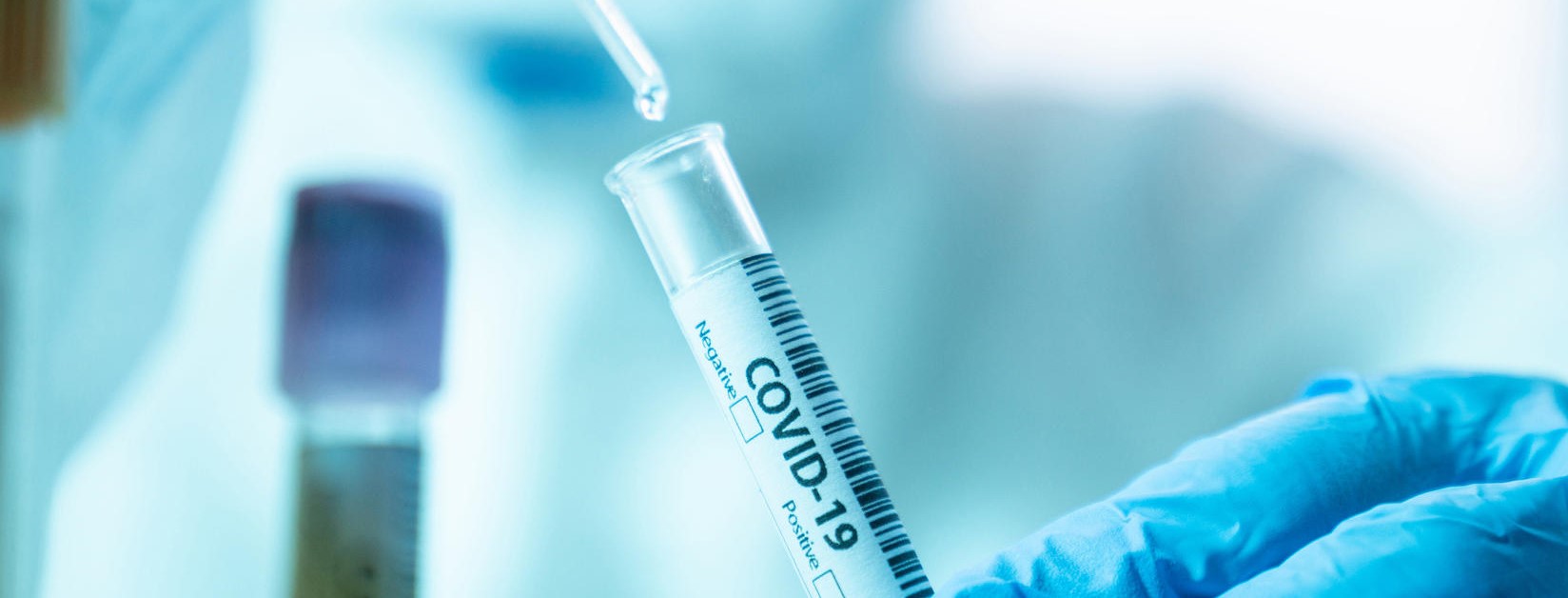COVID-19 testing
Last updated October 14, 2025
Available languages: Español

Getting tested helps slow the transmission of COVID-19. If you have symptoms of COVID-19, which can feel like a cold, you should take a test. You should also get tested if you have recently been near someone with COVID-19.
You can get a COVID-19 test:
- Through your regular health care provider.
- At a local urgent care clinic.
- At a local pharmacy.
Extended expiration dates
Before you throw out "expired" tests, check to see if your COVID-19 tests' expiration dates have been extended.
Different kinds of COVID-19 tests
A test that can tell you if you currently have COVID-19 is called a viral test. There are two types of viral tests: molecular tests and antigen tests.
A molecular test usually takes longer to get results, but is more reliable and accurate. It looks for genetic material from the COVID-19 virus. Polymerase chain reaction (PCR) tests are a type of molecular test. If you get a PCR test at a health care facility, a provider will take a sample, then send it to a laboratory for testing. You should get your results within three days.
An antigen test is less accurate, but fast. It looks for pieces of proteins from the COVID-19 virus. The rapid at-home tests you can buy at a pharmacy or grocery store are usually antigen tests. An antigen test can give you results in about 15 minutes. A positive result is usually accurate and means you have COVID-19. False positives (meaning a positive test when the person does not actually have COVID-19) are extremely rare. However, it’s possible for an antigen test to give you a negative result when you actually do have COVID-19.
If your test is negative, but you have symptoms or suspect you have COVID-19, FDA recommends taking another antigen test 48 hours later to confirm your result. You can also get a PCR test from a health care provider for a more accurate result.
Tips for taking a rapid test
First, examine the box. If your test comes in low quality packaging, or some pieces of the test are missing, it may be a counterfeit test. Learn more about counterfeit COVID-19 tests from the FDA.
If your test seems to be expired, it may actually still be good to use. Check lists of extended expiration dates for COVID-19 tests on FDA’s website.
The test box should contain instructions for use. It may also have a QR code you can use to find instructional videos or audio on your phone. Follow the specific instructions for your test.
If you test positive
If your COVID-19 test is positive, stay home until your symptoms improve and you have been fever free (without medication) for 24 hours. People most at risk for severe illness, including those older than 65 years and people with weakened immune systems, may want to consider more precautions. When you go back to your normal activities, take added precaution over the next five days, such as taking additional steps for cleaner air, hygiene, masks, physical distancing, and/or testing when you will be around other people indoors.
You may be able to get COVID-19 medicine to help you recover. This medicine works best if it’s taken within a few days of when you first felt symptoms or tested positive. It’s important to get medicine fast to lower your risk of serious illness. Ask your health care provider about medicine as soon as you can.
If you live with other people, or have spent time with other people in the past five days, tell them you have COVID-19. This is especially important if they are at high risk and might need to get COVID-19 medicine as soon as possible.